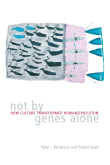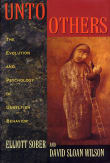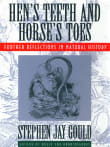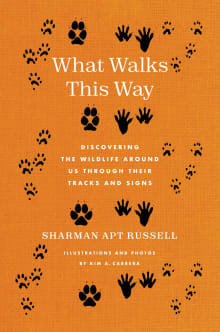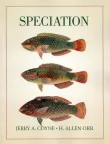Darwin Machines and the Nature of Knowledge
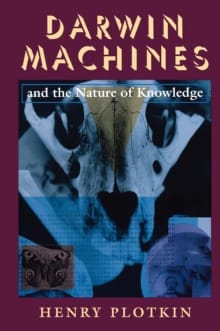
Book description
Bringing together evolutionary biology, psychology, and philosophy, Henry Plotkin presents a new science of knowledge that traces an unbreakable link between instinct and our ability to know. Since our ability to know our world depends primarily on what we call intelligence, intelligence must be understood as an extension of instinct.…
Why read it?
1 author picked Darwin Machines and the Nature of Knowledge as one of their favorite books. Why do they recommend it?

Plotkin’s brilliant book is about the nature and evolution of human knowledge. How do people gain and develop useful knowledge in a complex, uncertain, and changing world? Behaviorist theories of stimulus and response are inadequate. The mind must be primed to deal with complexity and uncertainty. Models from behaviorist psychology are unable to account for the acquisition of knowledge in such circumstances. Darwinian evolutionary theory helps to explain how the mind uses inherited instincts and culturally acquired habits to guide and enhance intelligence. As with the earlier work of the Darwinian psychologist and pragmatist, William James, instinct and habit are…
From Geoffrey's list on the seismic implications of Darwinism for social science.
If you love Darwin Machines and the Nature of Knowledge...
Want books like Darwin Machines and the Nature of Knowledge?
Our community of 12,000+ authors has personally recommended 100 books like Darwin Machines and the Nature of Knowledge.
Browse books like Darwin Machines and the Nature of Knowledge


